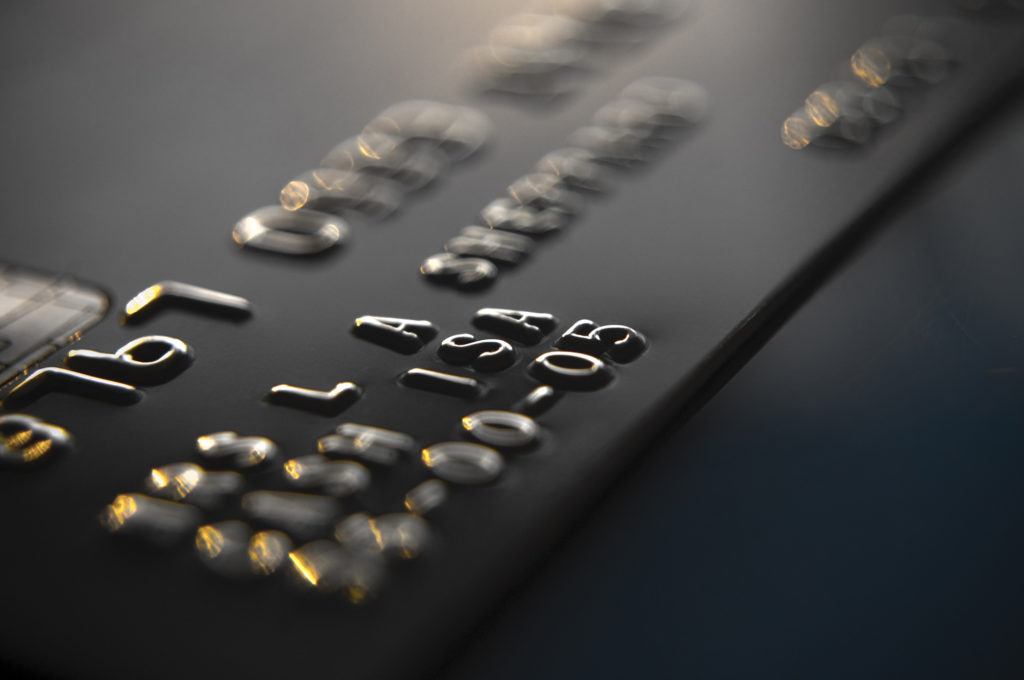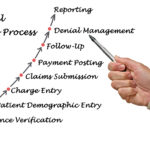
Approximately 30% of Americans have bad credit, which is classed as a score under 601. If this sounds like you, and you’ve been wondering “what credit card should I get?” then this post is for you.
While you may have a bad credit score now, this doesn’t mean that you’ll be stuck with it forever. In fact, there are plenty of things you can do to improve your credit.
Read on to learn all about bad credit, and the best credit cards for you.
What is Bad Credit?
If you’ve ever forgotten to cancel a utility or failed to make a credit card repayment, this has impacted your credit score. Credit scores are divided into the following ranges:
- 781-850= excellent credit
- 661-780= good credit
- 601-660= fair credit
- 500-600= poor credit
- 300-499= bad credit
If your credit report indicates bad or low credit, you’re likely to be rejected if you apply for a credit card or loan. That’s because banks and credit card companies consider you to be a high-risk customer due to your past credit history.
But it’s not just credit that you need to worry about. Good credit is important for your entire financial life- not just when you need to borrow money.
Bad credit can limit how many options you have when you want to get a mobile phone service. Employers will often do a credit check as part of the hiring process. Utility companies will look at your credit score before they determine how much deposit you’ll need to pay. A poor credit score can impact whether you’ll be approved for a rental, and even insurance companies are now considering potential customers’ credit scores.
What Credit Card Should I Get?
As mentioned, a bad credit score will make it difficult for you to get credit. You can, however, apply for a secured credit card.
Unlike traditional credit cards, which allow you to use the bank’s money, secured credit cards require a cash deposit from you. For example, if you put down $300, you can then use up to $300 on the credit card.
It’s a good idea to shop around, as many secured cards will also charge an annual fee. It’s also to check if the bank or credit card company reports your credit to all three of the major credit bureaus. This allows you to build your credit history.
If you’ve paid your credit card payments on time, and have been a responsible borrower, you’ll usually qualify for an unsecured credit card within approximately 12 months.
Here are some of the top options for secured cards:
Capital One Secured Mastercard
Most of the time, a secured card will only give you a credit line equal to the deposit you pay, this card is a little different. You’ll put down either $49, $99, or $200 depending on your current credit score. And you’ll still get a limit of $200- even if you put down less.
By paying your first five payments when they’re due, you’ll often be eligible for more credit- without the need for a higher deposit.
OpenSky Secured Visa
Most secured cards involve a credit check, but this card does not. That means that even if you have really badly damaged credit, you can often qualify. You’ll still need to earn a certain amount, but you don’t even need a bank account.
Discover it Secured Card
This is a good option if you’re hoping to avoid any annual fees. You’ll even get cash back on your purchases and can use it to build your credit.
You’ll need to deposit at least $200, and after eight months your account will be reviewed and potentially upgraded.
These are just a few options, and it’s a good idea to shop around so you can get the best interest rate and annual fee based on your circumstances.
Tips for Rebuilding Your Credit Score
With a little patience and determination, you can rebuild even the worst credit score. The time it will take for your score to recover depends on how recent and how large the mistake was. Missed and late payments, collections, and judgments can stay on your report for up to seven years. If you declare bankruptcy, this can show up for up to 10 years.
However, there’s no reason why you can’t begin getting out of debt and repairing your finances immediately. Once you begin accumulating positive credit information, it will help counter any mistakes you’ve made.
Here are a few other tips:
Use Your Current Accounts
If you’re rebuilding your credit, you have an advantage over people who have no credit history at all- you may have an existing credit account. If you still have accounts that haven’t yet been closed for non-payment, these can be used to get you back on the right path.
By paying down those balances and utilizing less than 30% of your available credit, you’ll be able to gradually build up your score.
Check Your Reports
Before you get started, check your credit report. Each major credit reporting agency has to give you one free report each year. While these may look daunting, it’s a good idea to check for any mistakes that could have impacted your score. You may have debt that’s so old it shouldn’t be reported or inaccurate information.
Dispute any errors which could have lowered your score.
Create a Budget
Once you get a secured credit card, it’s important to avoid the same patterns that led to your poor score in the first place. Create a realistic budget that you can stick to, and if you’re unsure where to start, consider talking to a professional at a nonprofit credit counseling center.
Wrapping Up
Hopefully, the above information has answered your question “what credit card should I get?” Bad credit doesn’t have to ruin your life, and you can rebuild your credit score with a secured credit card. By using the tips in this article, you can fix your finances and say goodbye to bad credit.
Looking for more financial tips? Check out some of our blog posts about money today.

